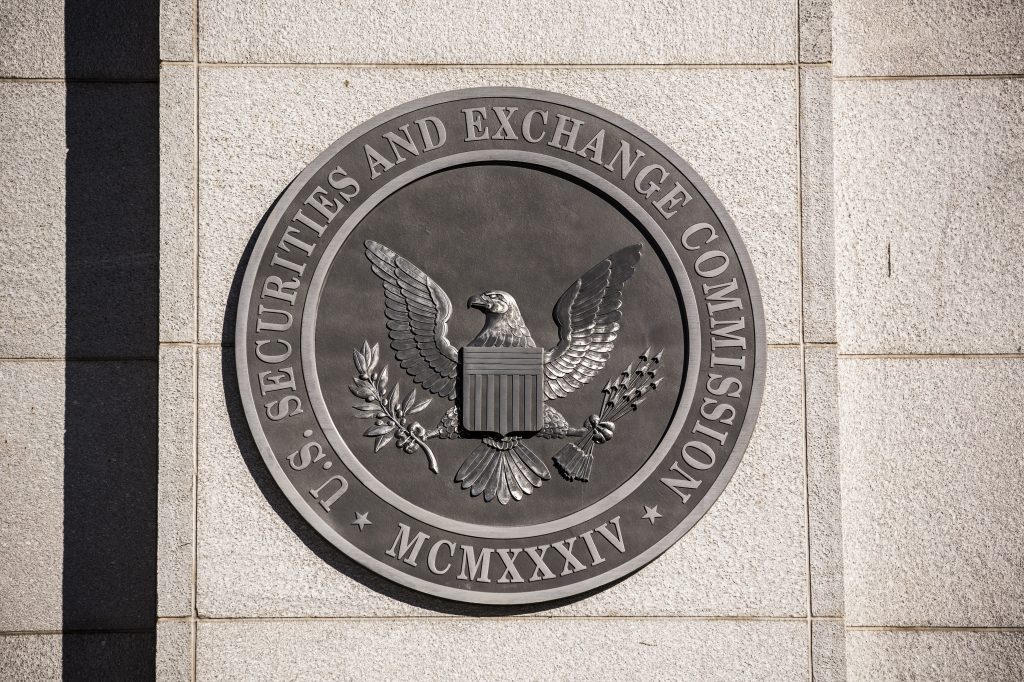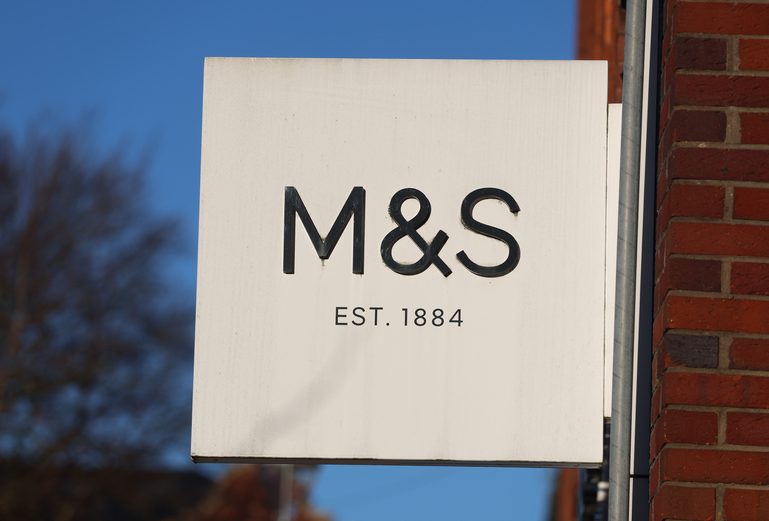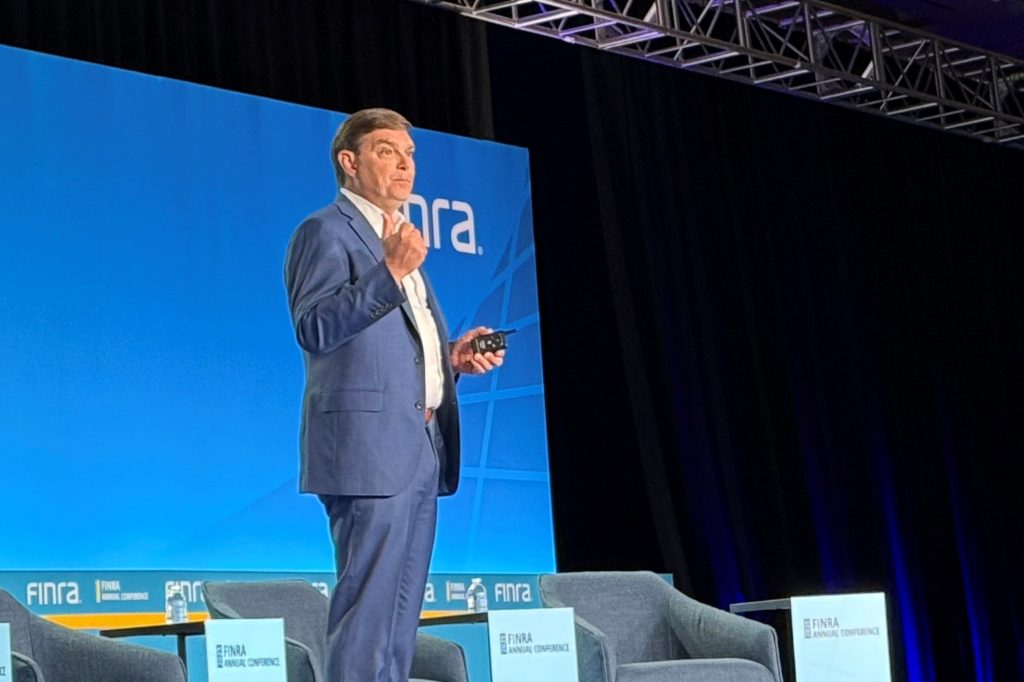As cutting-edge technology continues to provide more ways in which residents of the Commonwealth can make financial transactions, US and state agencies deem it critical that laws are adapted and implemented to safeguard the new tools in order to protect consumers who transmit money through third-party applications.
Recent developments underscore regulators’ ongoing focus on fintech companies, especially ones with apps that people use for money transactions routinely on their phones.
Massachusetts just went from being one of the least regulated states for money transmission to becoming one of the most highly regulated.
And FTC litigation especially showcases the concern regulators have for any deceptive fee practices and any lack of transparency in a company’s consumer engagement practices, from its regulatory disclosures to its marketing claims.
MA regulates money transmission
Under the newly enacted Money Transmission Act (Massachusetts MTA), covered entities will include any entity that sells or issues payment instruments or stored value, as well as any entity that receives money for transmission from a person located in Massachusetts. Such entities will be required to obtain a license from, and will be subject to supervision by, the Massachusetts Division of Banks.
Formerly, only entities engaging in foreign money transmission required licensing.
In signing the Massachusetts MTA into law, Massachusetts Governor Maura Healey said the law is intended to protect Massachusetts consumers when transferring money to friends and businesses through payment apps. “The use of apps like Venmo and PayPal has skyrocketed over the years, with billions of dollars exchanging hands, so the importance of this legislation cannot be understated,” Healey stated.
The bill establishes a single statutory framework for the licensing, examination and regulation by the Division of Banks for all money transmitters, including both foreign and domestic money transmissions, within the state.
This bill is designed to level the regulatory playing field across businesses by establishing consistent supervision for non-bank entities offering the same services as banking institutions.
Other changes include adopting a model law framework supported by a coalition of state financial regulators that enables regulators across multiple states to collaborate on supervisory and enforcement efforts and maximize resources, known as “networked supervision.”
“Being able to participate in networked supervision means that Massachusetts is part of an inclusive national system using common policies to prioritize work based on risk and resource availability leading to better consumer protection,” Governor Healey’s press release noted.
The Massachusetts MTA is due to take effect in September 2025.
FTC, DOJ amend complaint against cash advance app
Meanwhile, the US Department of Justice (DOJ), at the Federal Trade Commission’s (FTC) referral, has filed an amended complaint against an online cash advance provider called Dave.
The complaint now names the company’s CEO as a defendant, alleging violations of the FTC Act and the Restore Online Shoppers’ Confidence Act. The amended complaint seeks civil penalties and consumer refunds, as well as ending the alleged deceptive practices.
The FTC first brought its case in November 2024 accusing the fintech app of using misleading marketing to deceive consumers regarding the amounts of its cash advances and imposing undisclosed fees and surprise “tip” fees.
The amendment to the complaint alleges that both the company and its CEO marketed the app as offering instant cash advances “up to $500” without hidden fees. However, the complaint alleges that consumers rarely receive anywhere near $500, and in many cases, no cash advance was provided at all. Additionally, the FTC alleges that the app charges consumers an “express fee” for immediate advances and fails to clearly disclose this charge.
The amended complaint further alleges that the app has charged consumers hundreds of millions of dollars in “tips,” which many consumers were either unaware of or did not realize could be avoided. It is also claimed that the company misleadingly markets these “tips” as contributing to meals for needy children, while only a fraction of the money collected (10 cents for every percentage tipped) is donated. The company purportedly retains the remainder of the “tips” collected.













